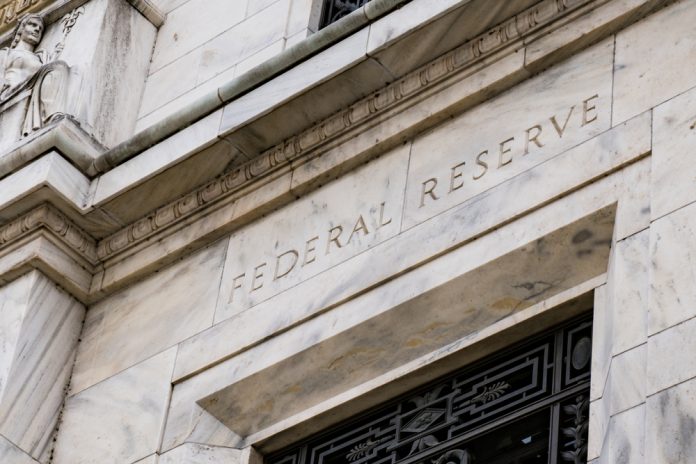The U.S. economy continued to recover over the fourth quarter, growing faster than anticipated despite a modest slowdown in activity after the July-through-September period.
According to the advanced fourth-quarter gross domestic product (GDP) report released by the Commerce Department, GDP rose at an annualized rate of 3.3% in the final three months of 2023, marking the sixth consecutive quarter of improvements. Although the number represents a notable decline from Q3’s rate of 4.9%, the pace still exceeded forecasts for the period. A panel of economic analysts polled by Reuters predicted an average increase of just 2%.
Several elements contributed to the strong performance observed throughout Q4. Consumer spending, one of the most important factors, rose at a healthy 2.8% annualized rate, outpacing inflation, which slowed to a year-over-year growth of 1.7%. Other aspects, such as increased exports, more government spending, and higher levels of business investment, also contributed to the economy’s well-being.
However, while Q4’s results were better than expected and seem to negate the possibility of a recession in the coming months, the Federal Reserve is likely to hold off on lowering interest rates, at least for the time being. The central bank paused rate hikes in late 2023 due to the unexpected resilience of the economy, and implied cuts could come in early 2024. However, lowering rates prematurely could reverse the Fed’s progress on inflation by leading to unsustainable increases in wages, job growth, and spending.
Considering the government has so far achieved a balance that many thought impossible, where the economy has continued to expand but at a pace slow enough to avoid destabilizing consumer prices and employment, it may be best to leave well enough alone. This would allow even more time for stability to take root and give the Federal Reserve more certainty that conditions are truly on course to avoid a recession.










